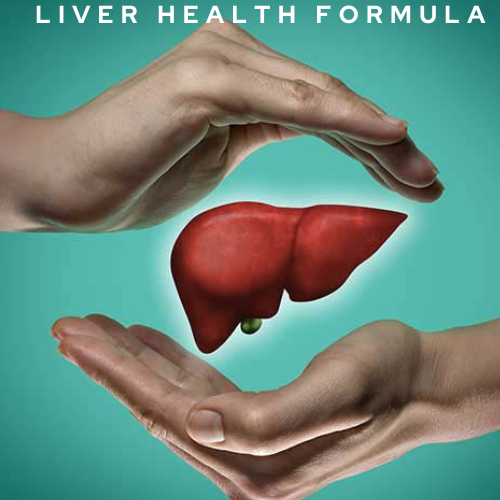Introduction
In recent years, probiotics have gained significant attention not just for their digestive benefits but also for their potential impact on overall health, including liver health. The liver, a vital organ responsible for detoxification and metabolism, can benefit from the introduction of beneficial bacteria found in probiotics. This article explores the relationship between probiotics and liver health, delving into the mechanisms, benefits, and potential considerations.
Understanding Probiotics
Probiotics are live microorganisms that, when administered in adequate amounts, confer a health benefit on the host. They are predominantly known for their role in gut health, where they help maintain a balance of beneficial bacteria and support digestive functions. Common sources of probiotics include yogurt, kefir, sauerkraut, and certain supplements.
The Liver: A Crucial Organ
The liver plays a pivotal role in metabolic processes, filtering toxins from the bloodstream, producing bile for digestion, and storing essential nutrients. It is vulnerable to various conditions, including fatty liver disease, hepatitis, and cirrhosis, which can impact overall health and longevity.
How Probiotics Influence Liver Health
Research suggests that probiotics can positively influence liver health through several mechanisms:
Reduced Liver Fat Accumulation: Non-alcoholic fatty liver disease (NAFLD) is characterized by excessive fat accumulation in the liver. Studies indicate that certain probiotic strains can help reduce liver fat content, potentially mitigating the progression of NAFLD.
Anti-inflammatory Effects: Chronic inflammation contributes to liver damage and disease progression. Probiotics have demonstrated anti-inflammatory properties, which may help protect liver cells from inflammation-induced injury.
Improved Gut Barrier Function: A healthy gut barrier prevents harmful substances from crossing into the bloodstream and reaching the liver. Probiotics strengthen the gut barrier, reducing the liver's exposure to toxins and potentially lowering the risk of liver damage.
Modulation of Gut Microbiota: Imbalances in gut bacteria (dysbiosis) have been linked to liver diseases. Probiotics promote a diverse and balanced gut microbiota, which may indirectly benefit liver function and health.
Evidence from Clinical Studies
Clinical studies have provided encouraging findings regarding the use of probiotics for liver health:
A study published in the World Journal of Gastroenterology found that supplementation with certain probiotics improved liver enzymes and markers of liver function in patients with NAFLD.
Research published in the European Journal of Nutrition highlighted the potential of probiotics in reducing liver inflammation and fibrosis in individuals with liver disease.
While the results are promising, further research is needed to determine optimal strains, dosages, and long-term effects of probiotics on liver health across different populations.
Choosing the Right Probiotic
Not all probiotics are created equal. When selecting a probiotic for potential liver health benefits, consider the following factors:
Strain Specificity: Different probiotic strains may have varying effects on liver health. Look for strains that have been studied specifically for their impact on liver function.
CFU Count: CFU (colony-forming units) indicate the number of viable probiotic cells in a supplement. Higher CFU counts may enhance effectiveness, but optimal dosing varies based on individual needs.
Product Quality: Choose probiotics from reputable brands that ensure potency and purity. Consider products that are third-party tested for quality and safety.
Incorporating Probiotics into Your Routine
To potentially support liver health through probiotics:
Dietary Sources: Incorporate probiotic-rich foods like yogurt, kefir, kombucha, and fermented vegetables into your diet.
Supplements: If dietary intake is inadequate, consider probiotic supplements, preferably under the guidance of a healthcare provider.
Considerations and Precautions
While probiotics are generally considered safe for healthy individuals, certain populations (such as those with compromised immune systems) should exercise caution. Consult a healthcare professional before starting any new supplement regimen, especially if you have existing liver conditions or are taking medications.
Conclusion
Probiotics offer promising potential for supporting liver health through various mechanisms, including reducing liver fat accumulation, modulating inflammation, and enhancing gut barrier function. While research continues to evolve, integrating probiotics into a balanced diet may complement overall liver health efforts. As always, personalized advice from healthcare professionals can help tailor probiotic use to individual health needs, ensuring optimal benefits while minimizing risks.
In conclusion, the connection between probiotics and liver health highlights a promising area of research and practical application in promoting overall well-being. By understanding these mechanisms and choosing wisely, individuals can potentially harness the benefits of probiotics for liver health enhancement.



